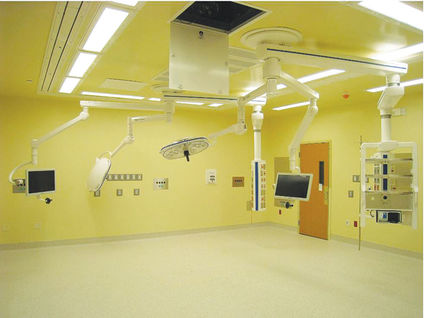Tehachapi healthcare No. 1 need: access to primary care
The Forde Files No 139
A comprehensive healthcare assessment in the Tehachapi Valley Healthcare District service area shows that the community needs better access to primary health care.
"That's the number one need – access to primary care," district CEO Eugene Suksi said at the Jan. 17 board meeting at the new office at 305 S. Robinson Street.
According to the study, barriers to healthcare access arise from income (the underlying causes of health disparity being elderly poverty, child poverty and single-parent poverty); culture and language (non-Caucasian or limited English); education (without high school diploma); and insurance (unemployed or uninsured).
Suksi said that one of the barriers to healthcare access is lack of transportation. One of the issues that never came up as a priority in the study, he said, was that of long-term care.
"It's a significant need for a small percentage of the population," he said.
Other barriers, according to the study, are geographic isolation, lack of knowledge about how to utilize the healthcare system effectively, personal accountability (following through) and lack of prescription medication.
People of the community told interviewers that they are most concerned about drug use and chronic disease, followed by cancer, children's health, mental health, adult dental health, physical activity, tobacco use, teen pregnancy, family planning and birth control, nutrition, Alzheimer's and domestic violence.
The Tehachapi Valley Healthcare District, in adjusting its focus from running a hospital and three clinics and building the new hospital after its alignment with Adventist Health, commissioned the study to begin the process of deciding how to best serve the community's needs.
"The mission stays the same," he said. "The scope of what we do to fulfill that mission changes."
Tehachapi, California City and Mojave were the primary service areas covered by the study, with Rosamond, Boron and Edwards the secondary service areas.
"We have come to no conclusion and taken no action yet," Suksi said. "This was intended to start the process."He said the district will ascertain community needs, decide its capacity to respond and match those two steps.
"There are needs out there that we could chase and never move the needle," he said. "Some things we are going to want to table until the dust settles."
In other district business, Lisa Polansky of SHP Project Management told the board by teleconference that payments to prime contractors are delinquent and are calling for payment from Adventist Health. Suski reported that Adventist Health has made no payment on invoice to the district since Nov. 1, 2016. District counsel Scott Nave sent an email notifying Adventist it was in noncompliance. David Eastman of Adventist said that resources are available and he has escalated the payment issue with Adventist.





